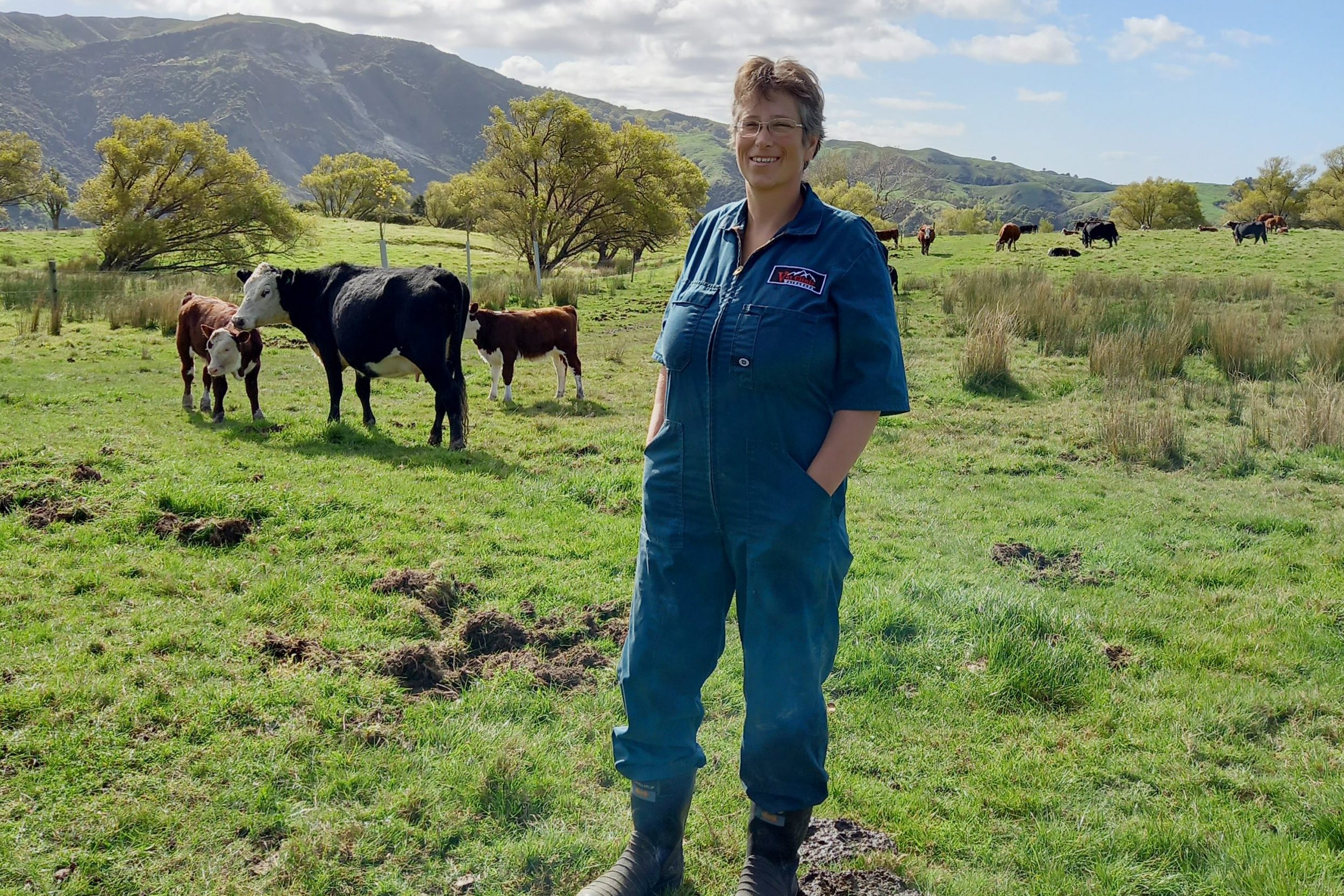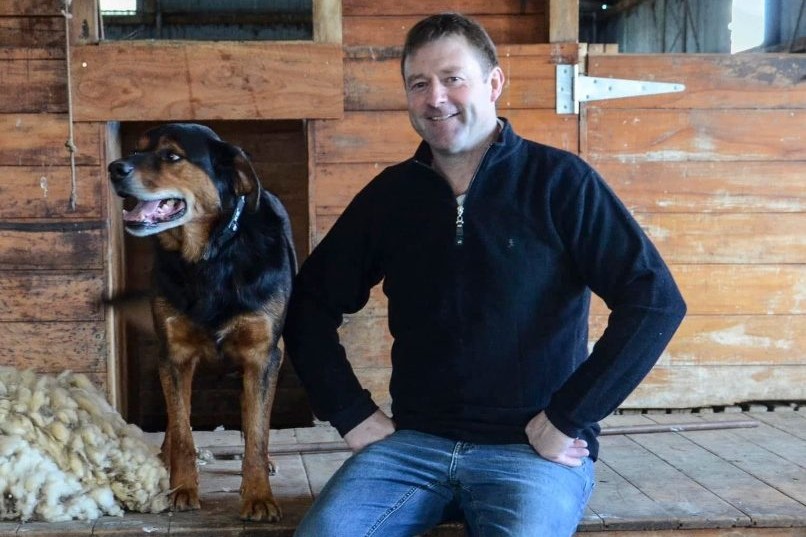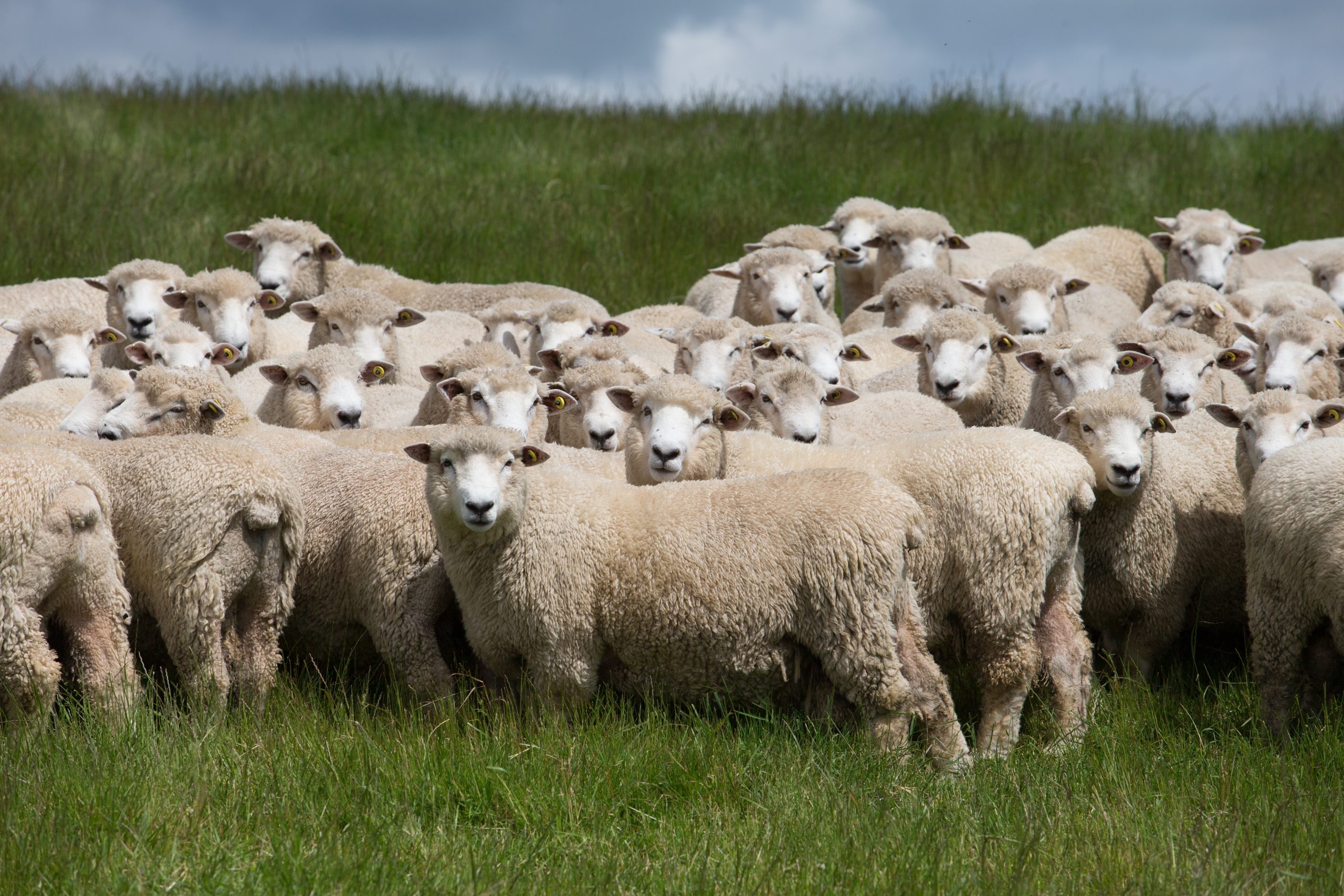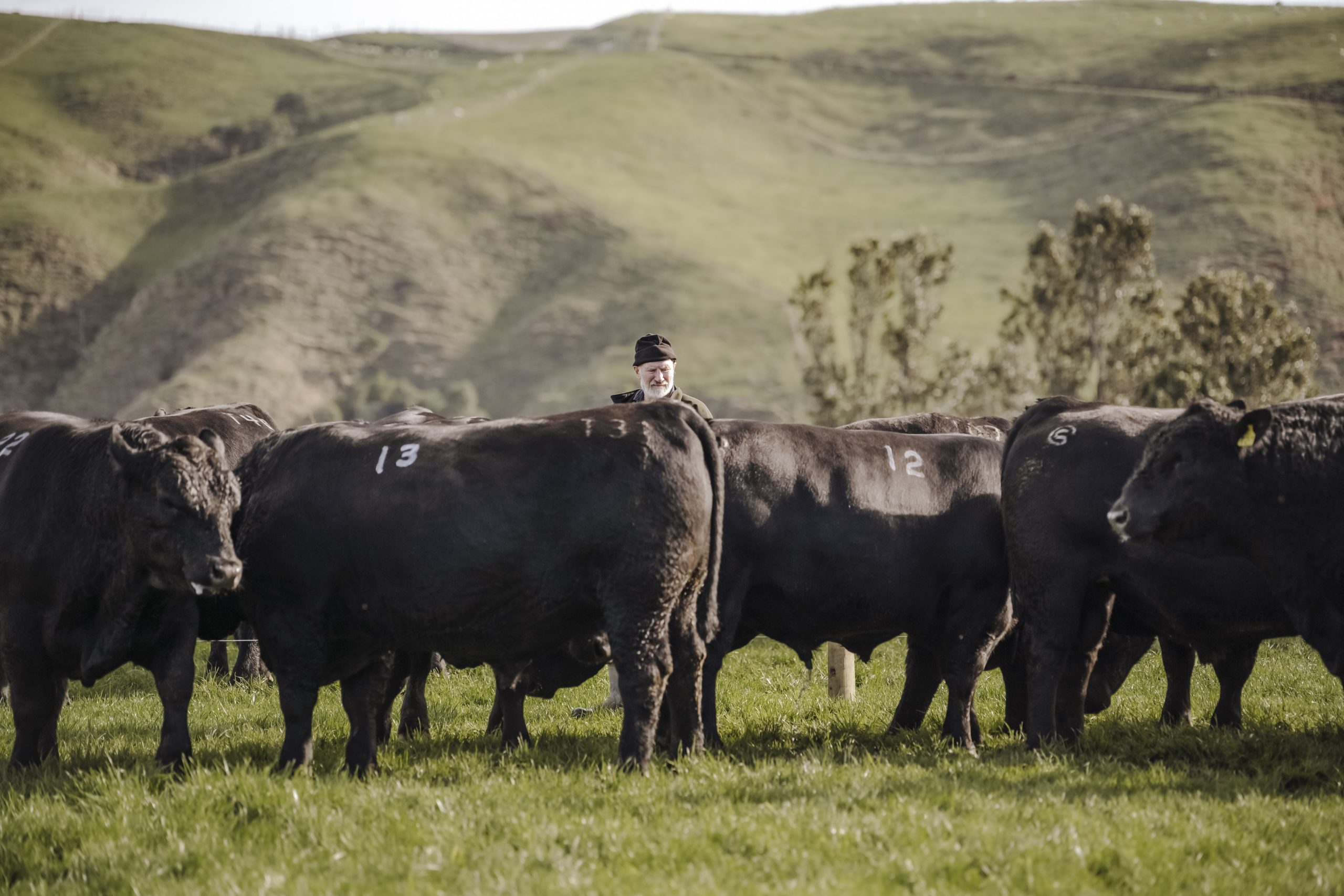Lynda Gray
Invercargill executive chef Simon Henry had lots of good things to say about Hereford Prime during a World Hereford Conference lunchtime barbecue at Earnscleugh Station where he served the branded steak.
He put Hereford Prime on the menu at Ascot Park’s Emberz restaurant eight years ago. It was now on the plates of about 30% of the 160 to 250 diners served each night.
The introduction to Hereford Prime through chairman Laurie Paterson and secondary processor and wholesaler Bowmont Meats was perfectly timed, Henry said.
“I felt totally disconnected from the beef supply chain. I was buying meat in a plastic bag. I didn’t know where it was from and couldn’t add value to it but now, I can tell the story.”
He bought Hereford Prime off the bone and ‘naked’ rather than in cryovac packs, and further value-added by aging it for another 25 days.
“It’s cold cut and processed in the old-school way.”
Henry, at the plate end of the supply chain is happy with what he’s getting from Hereford Prime, but what about the farmers who supply it – are they happy about what they’re getting?
It’s hard to judge although typically suppliers get 10 to 20c/kg above schedule price, brand manager Hereford Prime Natalie Campbell said.
“There is some fluctuation because it’s dictated by season. Sometimes it’s higher but the minimum is 10c/kg. Freight is also typically covered for Hereford Prime suppliers.”
Information on the number of individual suppliers is commercially sensitive, but the programme had grown.
“We have seen some sustainable growth in throughput in the past five years, however it’s not something we take for granted and we’re always looking at ways to maintain this while also looking at options for growth and to lift throughput more.
“It’s not about being the biggest; being the best is our goal.”
Hereford Prime launched 25 years ago, was the first ever beef quality programme in NZ.
It was owned by the NZ Hereford Association who worked with NZ family owned processing partners Bowmont Wholesale Meats in Invercargill, Magills Artisan Butchery in Te Awamutu, and Cabernet Foods in the Wairarapa.
The processors paid a headage amount to NZHA for animals that met certain specifications. Ownership by the Association gave the breed’s registered bull breeders and their bull buying clients an additional selling point and another market for the progeny they produce, Campbell said.
The eligibility criteria for Hereford Prime beef is 50% Hereford genetics over a British beef breed or purebred Friesian (in the Waikato).




